

Margot Robbie Shakes Hollywood With Her Production Rule
Margot Robbie, the Australian superstar whose screen presence can make box office registers sing, is once again rewriting the rules of the industry—this time from behind the camera.
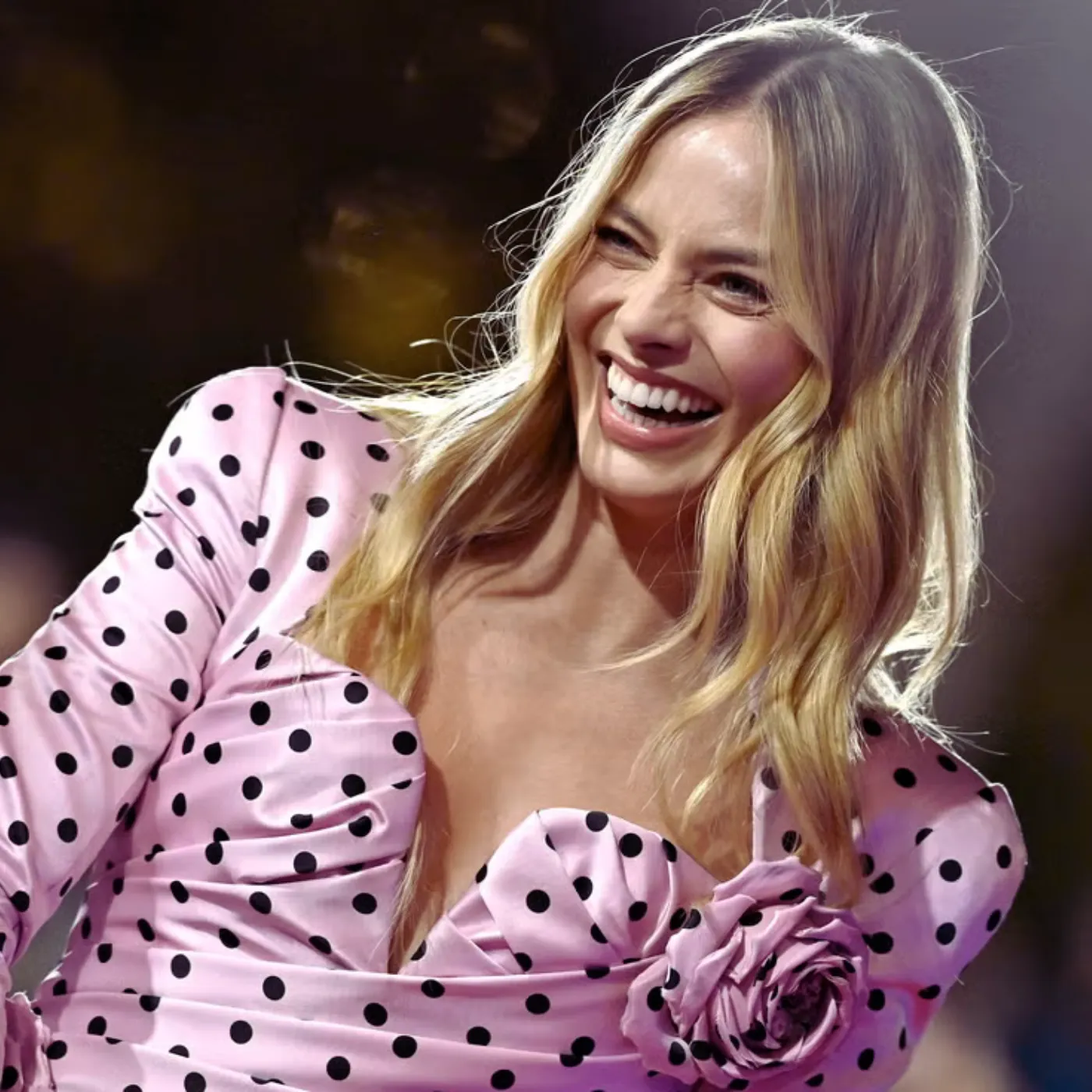
But unlike many celebrity producers who simply lend their names to glossy credits, Robbie is driving an agenda—and she’s not even pretending to hide it.
In a recent viral quote, Robbie laid out LuckyChap Entertainment’s mission with brutal simplicity: “As long as there’s a female perspective at the forefront, it makes sense for us.”
Those 14 words sent shockwaves through studio boardrooms, trade journals, and social media feeds.
Because while Hollywood has long paid lip service to “diverse voices,” Robbie is actively building a system to prioritize them—even at the cost of comfort for the old guard.
LuckyChap’s Rise From “Vanity Label” to Powerhouse
LuckyChap Entertainment started in 2014, a classic “actor-founded” shingle that many in Hollywood dismissed as a side hustle. Robbie, along with husband Tom Ackerley and friends Josey McNamara and Sophia Kerr, formed it after watching too many scripts fail women spectacularly.
Their motivation wasn’t vague idealism. It was rage.
“I was reading so many scripts where the female roles felt like they were written last,” Robbie told reporters years ago.
LuckyChap’s plan was precise:
✅ Identify stories where women’s points of view weren’t just included but essential.
✅ Develop them without sanding off edges to please gatekeepers.
✅ Control the production pipeline so studios couldn’t hijack the message.
It sounded idealistic. Maybe even naïve.
Then LuckyChap dropped I, Tonya.
The Ice-Skater Who Broke the Ice
Released in 2017, I, Tonya was the anti-biopic that redefined what an awards-season movie could be.
Robbie’s performance as Tonya Harding was raw, funny, and vicious. The film didn’t make excuses, but it did make you see the world from a perspective the media had mocked for decades.
It earned Robbie her first Oscar nomination as an actor, but the real victory was behind the scenes.
LuckyChap wasn’t just producing prestige—it was making money.
For many insiders, I, Tonya was the moment they stopped dismissing Robbie as a face on a poster. She was a decision-maker now.
The Critical Shift: Not Just Starring, But Controlling
What sets Robbie apart from many celebrity producers is that she’s not just attaching herself to stories—she’s engineering them.
In industry terms, LuckyChap isn’t chasing the same IP everyone else is. It’s creating new ones.
Look at the track record:
⭐ I, Tonya—a scandal retold from the inside.
⭐ Promising Young Woman—a genre-bending revenge thriller told through a lens rarely seen in big studio films.
⭐ Maid (Netflix)—a deeply personal, unvarnished story of poverty and resilience.
⭐ Barbie—a multi-billion-dollar brand transformed into a satirical think piece about identity and social roles.
Each project had one thing in common: it refused to flatten female experiences into marketable clichés.
The Barbie Gambit: Betting Big on Perspective
If I, Tonya, made Robbie a serious producer, Barbie made her a mogul.
Barbie wasn’t just another IP cash grab. It was the single most scrutinized studio movie of its year—and it delivered a one-two punch that has executives still catching their breath.
✅ Over $1.4 billion at the global box office.
✅ Near-universal critical acclaim.
✅ A marketing campaign that devoured social media.
✅ Meme after meme that kept it relevant for months.
Yet it also carried a message. Director Greta Gerwig didn’t shy away from meta-commentary on the brand’s complicated legacy, identity crises, and societal pressures.
Robbie wasn’t just the lead actor. She was the architect who made it happen.
By putting a “female perspective at the forefront,” she didn’t narrow the audience. She expanded it.

Why Her Statement Freaked Out Hollywood
Let’s revisit that quote: “As long as there’s a female perspective at the forefront, it makes sense for us.”
It’s a polite way of saying, if your pitch doesn’t center women in a meaningful way, LuckyChap isn’t buying.
That’s not how Hollywood has traditionally worked.
✅ Traditionally, female characters were “add-ons.”
✅ Traditionally, producers wanted “universal” appeal—which often meant watering down anything seen as “niche.”
✅ Traditionally, you begged for studio dollars by promising not to rock the boat.
Robbie’s approach is the opposite.
She’s drawing a line in the sand.
Why This Is Risky Business—And Why It Works
There’s a reason more production companies don’t take such strong stances.
✅ Fewer scripts to choose from.
✅ Studios can get skittish.
✅ Financing can dry up if execs fear a movie will be “too specific.”
✅ Global markets sometimes shy away from stories that don’t fit traditional molds.
But Robbie has flipped that logic.
She’s betting that
👉 The audience is smarter than studios think.
👉 The “female perspective” isn’t niche—it’s half the planet.
👉 Authenticity sells better than safe pablum.
So far, she’s right.
The LuckyChap Effect on Industry Trends
Industry insiders are paying attention.
Other production companies have begun to shift language in pitch meetings. Terms like “strong female lead” are no longer enough. Now executives are being asked:
✅ Who’s telling this story?
✅ Why do they deserve to tell it?
✅ What does this story reveal about experiences we usually gloss over?
That’s Robbie’s real impact. It’s not that she’s the only one making these demands. It’s that she’s proving they’re profitable.
Pushing Back Against Tokenism
Robbie’s commitment isn’t about slapping a female character in a script and calling it progress.
She’s demanding substance.
That approach has made her unpopular with some gatekeepers. Whisper campaigns have accused LuckyChap of being “too ideological” or “limiting.”
But she doesn’t care.
As Robbie has put it bluntly in interviews:
“If it’s just a token role, it doesn’t interest us.”
That might sound harsh in Hollywood, where tokenism is often the easiest box to check. But it also explains why LuckyChap’s films don’t feel hollow.
Why Social Media Loves (and Fears) Her Approach
Social media reactions to Robbie’s quote have been wildly polarized.
✅ Some hail her as the savior of meaningful storytelling.
✅ Others accuse her of pushing “an agenda.”
✅ Industry insiders grumble that she’s making their jobs harder.
✅ Audiences eat it up—memes, debates, and think pieces.
It’s perfect viral fuel.
Because Robbie’s approach forces a conversation about who gets to shape the cultural narrative.
The Business Math Behind the Mission
Critics say it’s all PR. But the financial data disagrees.
👉 I, Tonya made back over 5x its budget.
👉 Promising Young Woman made nearly 10x.
👉 Barbie crushed every projection in history.
This isn’t charity work.
It’s smart business.
What’s Next for LuckyChap
Insiders say Robbie’s company is inundated with pitches post-Barbie. But she’s holding the line.
✅ Demanding creative control.
✅ Insisting on an authentic female POV.
✅ Rejecting scripts that don’t meet that standard.
That’s creating tension in the industry.
Because if Robbie’s bet keeps paying off, studios will have to adapt—or watch the best projects go elsewhere.
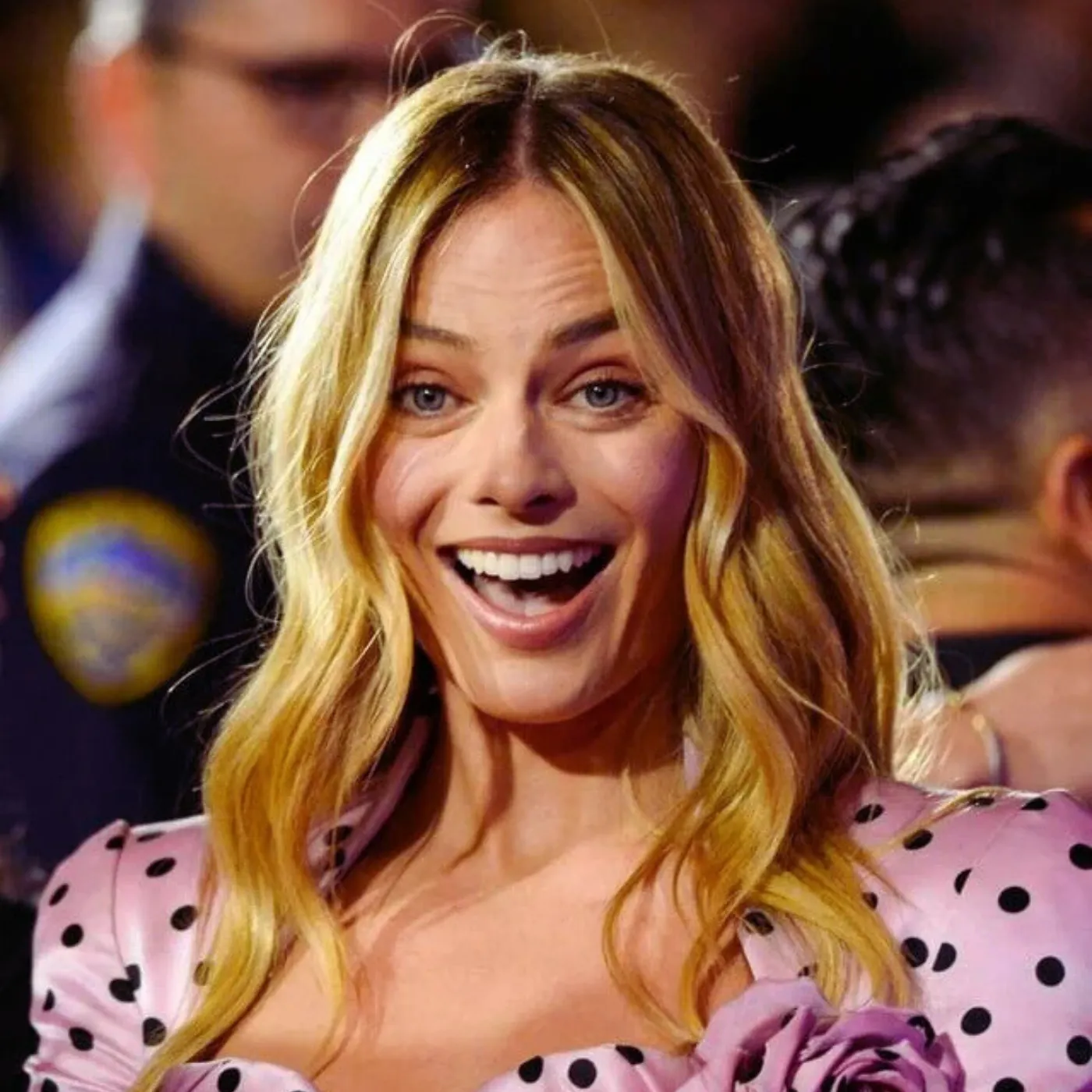
Final Thought: Margot Robbie Isn’t Just Acting. She’s Auditioning Hollywood itself.
Margot Robbie’s approach isn’t subtle. It’s a gauntlet thrown at an industry notorious for its conservatism.
She’s betting that the next generation of viewers—the TikTok crowd, the global streaming audience—doesn’t want the same old stories with new faces.
They want new stories.
Robbie’s not asking permission anymore. She’s making the rules.
And if the studios don’t like it?
Well, they’ll just have to keep watching LuckyChap collect the trophies.
Because in a business built on imitation, Margot Robbie is building something original.
And for Hollywood, that might be the most dangerous move of all.


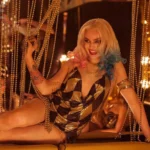




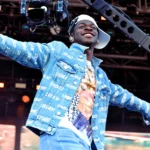
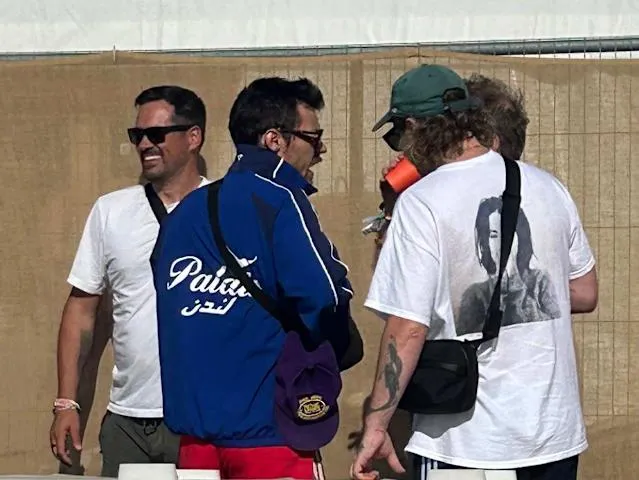
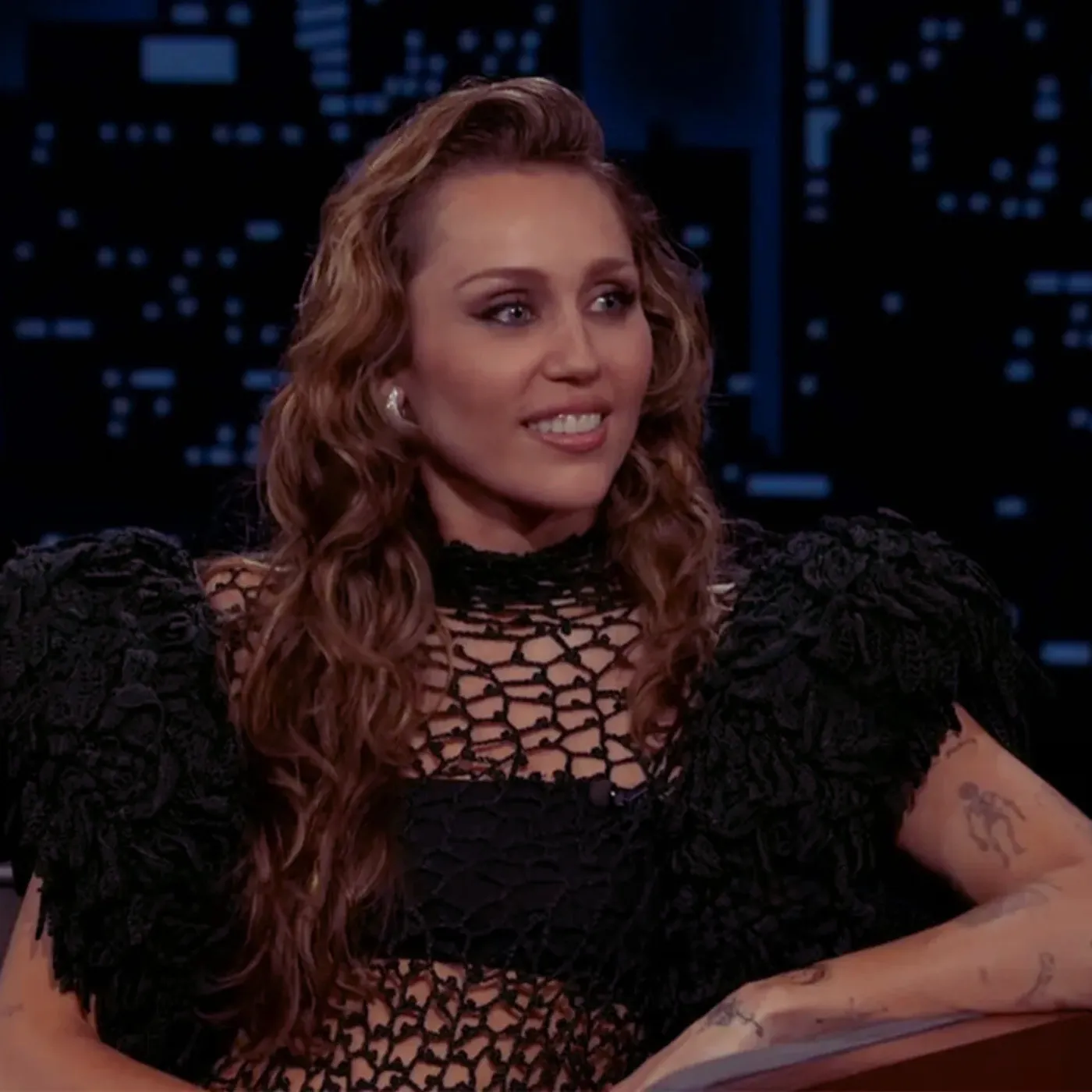
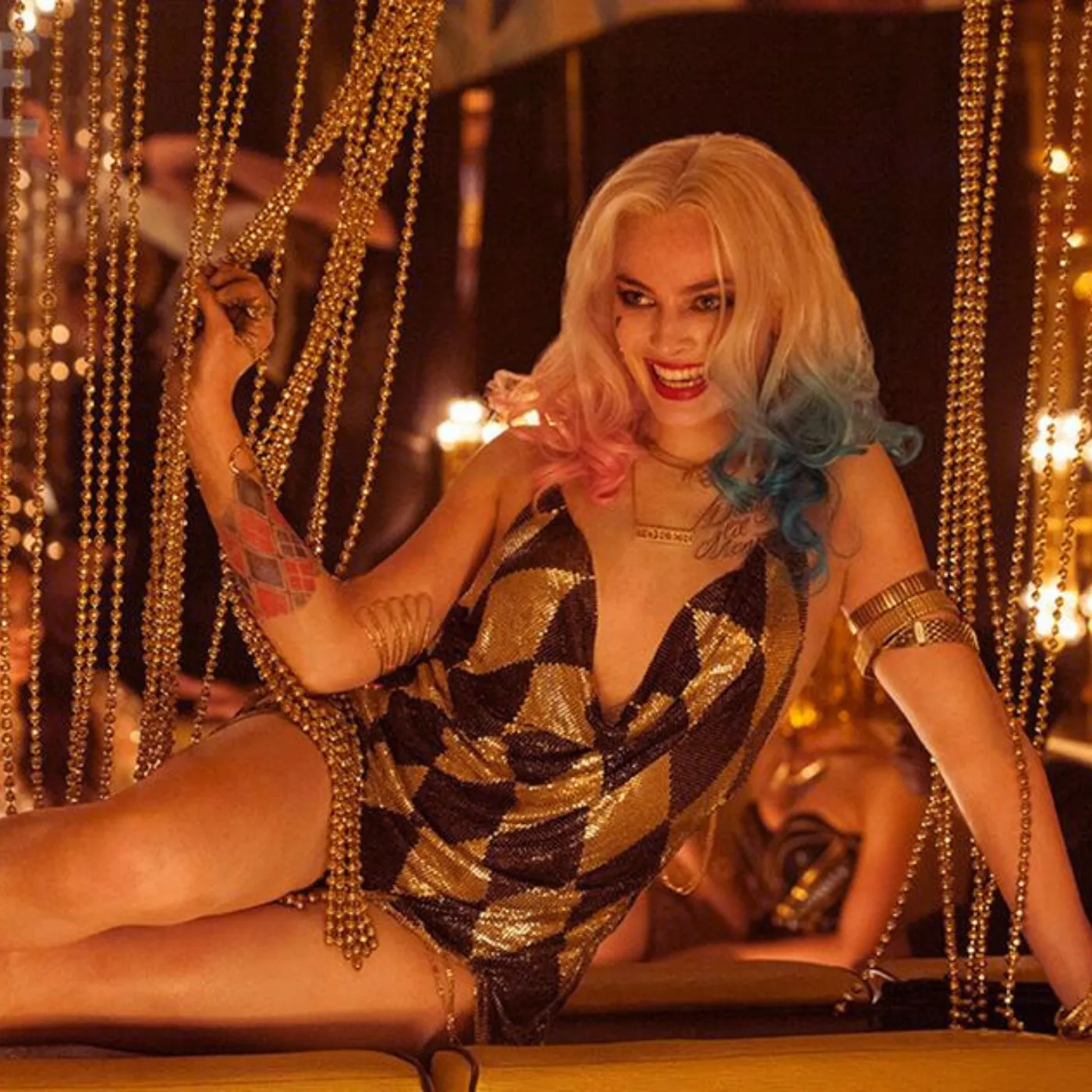








Post Comment